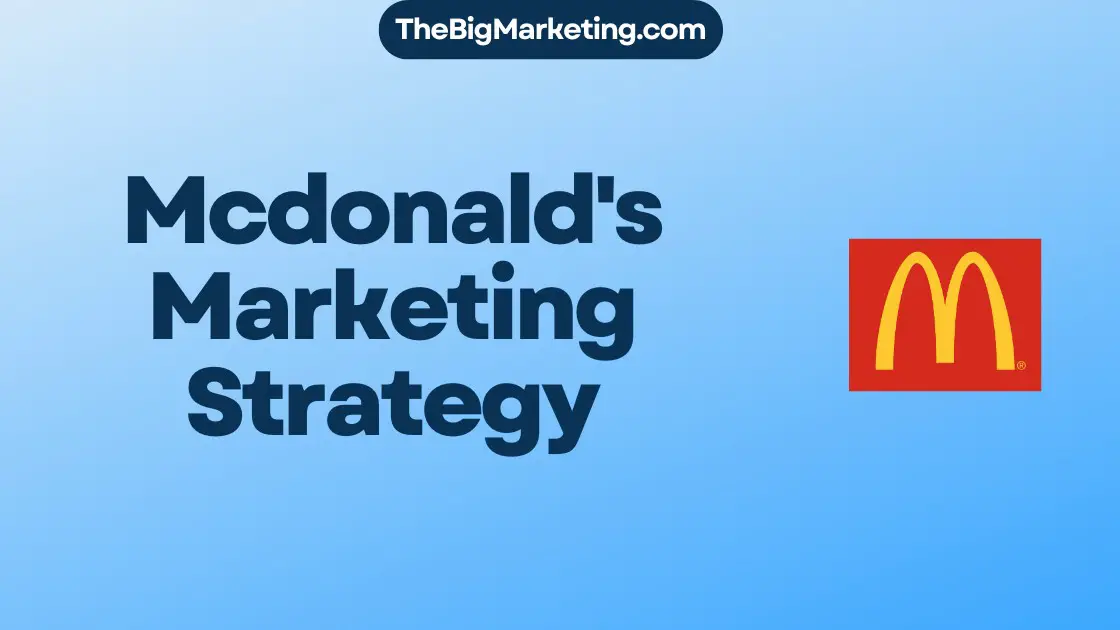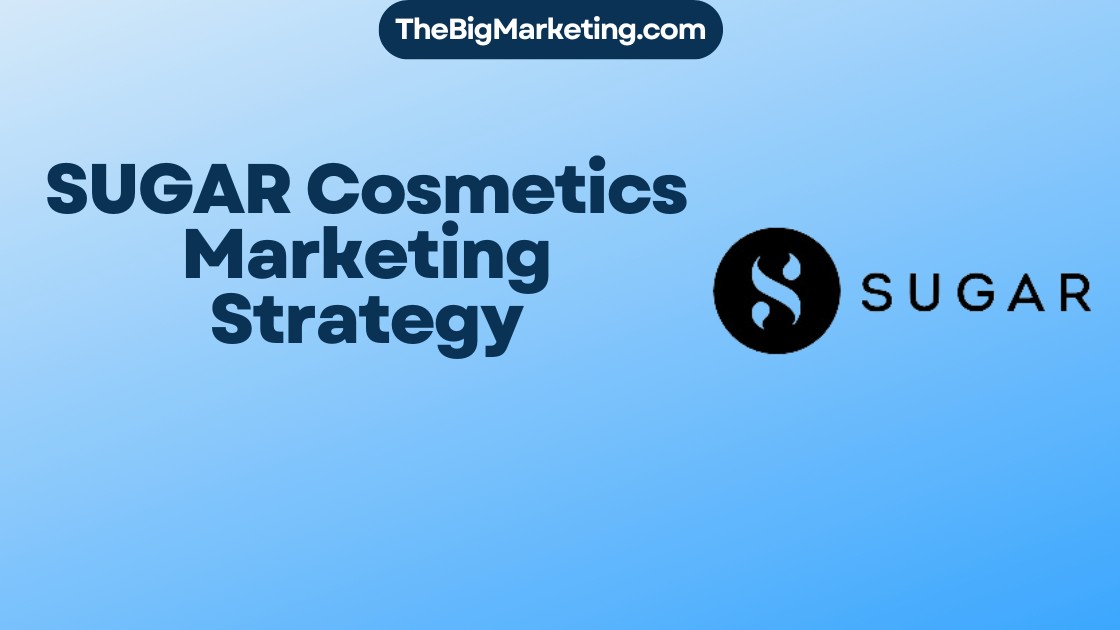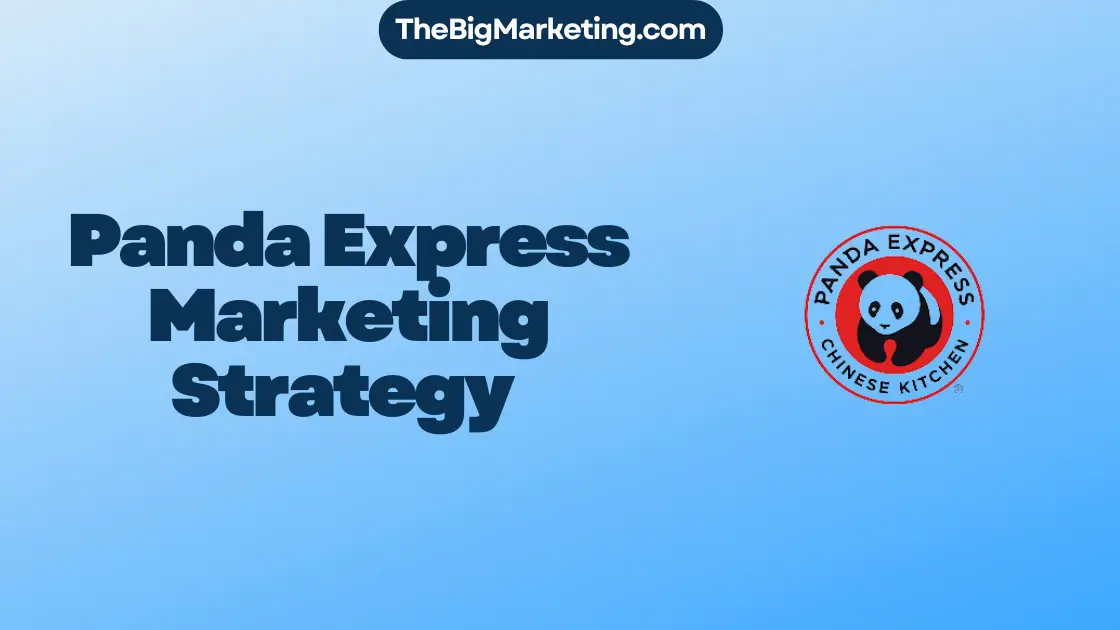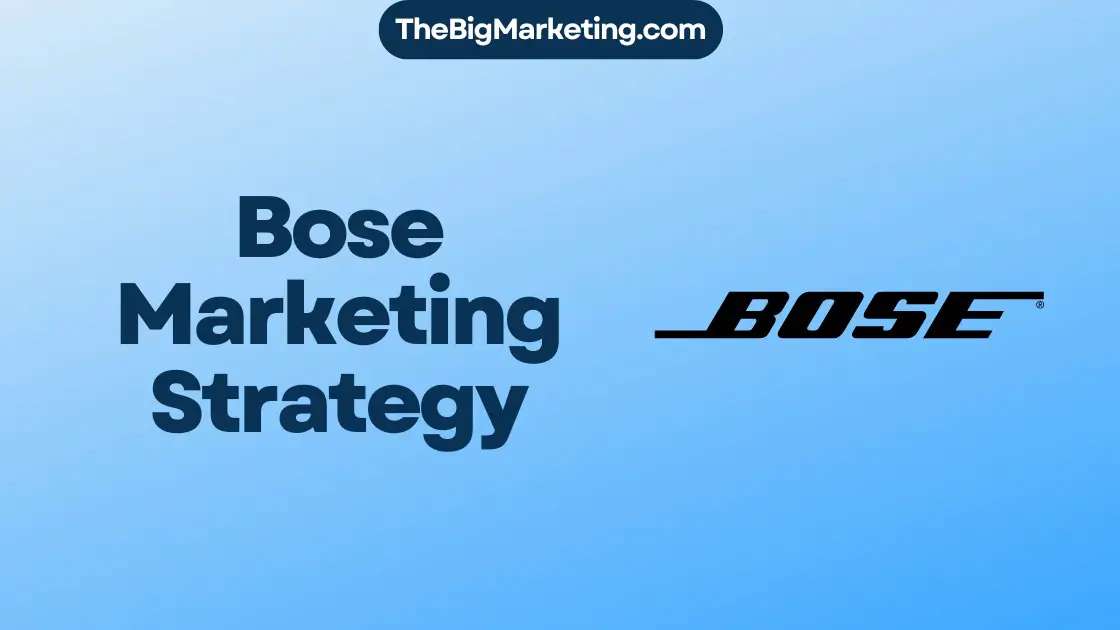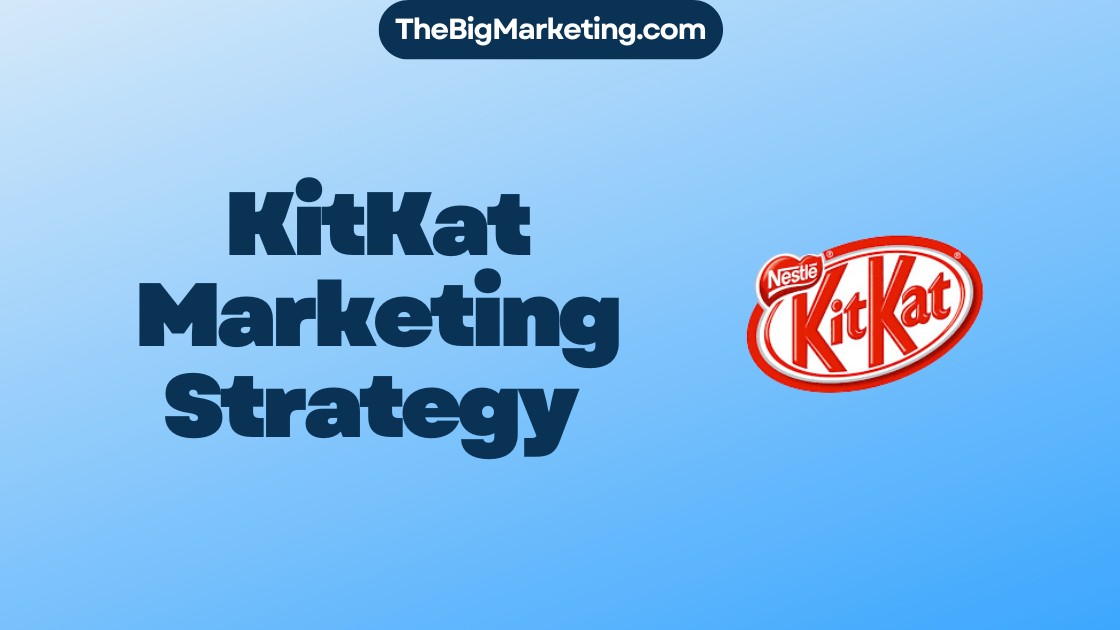BASF (Baden Aniline and Soda Factory) is a renowned chemical company with a rich history dating back to 1865. Headquartered in Ludwigshafen, Germany, BASF has grown to become the world’s largest producer of industrial chemicals, operating in 80 countries and running over 350 production plants. With a diverse portfolio that includes chemicals, dyes, paints and pigments, pharmaceuticals, agricultural products, and personal care items, BASF has established a strong presence in various sectors.
In this case study, we will delve into the marketing strategy of BASF, examining its segmentation, targeting, and positioning efforts. We will explore the company’s innovative marketing campaigns, its approach to social media marketing and SEO, its e-commerce strategies and mobile app utilization, and its content marketing initiatives.
Join us as we analyze the elements that contribute to BASF’s marketing success and understand how the company optimizes its marketing campaigns to reach its target audience and maintain a competitive edge in the chemical industry.
Key Takeaways:
- BASF is a German chemical company specializing in various sectors, including chemicals, dyes, paints and pigments, pharmaceuticals, agricultural products, and personal care items.
- The company has an extensive global presence with over 350 production plants in 80 countries.
- BASF implements a comprehensive marketing strategy that encompasses segmentation, targeting, and positioning.
- The company focuses on innovative marketing campaigns, social media engagement, SEO strategies, e-commerce initiatives, mobile app utilization, and content marketing.
- BASF’s emphasis on sustainability and innovation sets it apart in the market and helps attract customers worldwide.
About BASF
BASF (Baden Aniline and Soda Factory) is a German chemical company with a rich history dating back to its establishment in 1865. Initially focused on producing street lighting and chemicals, BASF has since diversified its product range to include a wide array of chemicals, dyes, paints and pigments, pharmaceuticals, agricultural products, and personal care products.
As the world’s largest producer of industrial chemicals, BASF has a global presence, operating in 80 countries. The company’s commitment to innovation and sustainable solutions has solidified its position as a leading player in the chemical industry. BASF’s dedication to research and development has allowed it to develop groundbreaking products and technologies that meet the evolving needs of various industries.
With over 122,000 employees worldwide, BASF India is an integral part of the company’s global operations. Its innovative solutions and vast portfolio of products cater to diverse markets, making BASF India a reliable partner for businesses across multiple sectors.
BASF History
Founded in 1865, BASF traces its roots back to the Baden Aniline and Soda Factory located in Germany. Initially focused on the production of dyes and chemicals, the company quickly expanded its operations, becoming a leader in various segments of the chemical industry.
Over the years, BASF has built a reputation for its commitment to innovation, sustainability, and customer-centricity. The company’s unwavering dedication to researching and developing new technologies has propelled it to the forefront of the chemical industry, allowing it to provide solutions that meet the evolving needs of its customers.
BASF Products
With a diverse product portfolio, BASF offers a wide range of chemicals and materials that serve various industries. From chemicals used in the production of everyday products to innovative solutions that address complex challenges, BASF’s products are designed to enhance performance, sustainability, and safety.
BASF’s product offerings encompass segments such as chemicals, materials, industrial solutions, surface technologies, nutrition & care, and agricultural solutions. This comprehensive range of products reinforces BASF’s position as a trusted partner for businesses seeking high-quality and cutting-edge solutions.
To showcase the breadth and depth of its product range, BASF provides detailed information about its offerings on its website. The company’s commitment to transparency ensures that customers can make informed decisions and find the right solutions to meet their specific needs.
Segmentation, Targeting, and Positioning
BASF, as a global chemical company, employs a strategic approach to segmentation, targeting, and positioning to effectively cater to diverse market needs. By dividing its products into six distinct segments, BASF ensures that it can provide tailored solutions to various industries and customers. These segments include:
- Chemicals
- Materials
- Industrial Solutions
- Surface Technologies
- Nutrition & Care
- Agricultural Solutions
This segmentation strategy allows BASF to target major global customers, as well as small and medium-sized enterprises (SMEs), across multiple sectors. By identifying specific needs and requirements within each segment, BASF can develop and deliver solutions that align with customer expectations and industry demands.
With its wide range of products and services, BASF positions itself as one of the leading companies in the chemical sector worldwide. Through continuous innovation and a customer-centric approach, BASF strives to establish a strong market presence, reinforce its reputation, and maintain a competitive edge. The company’s commitment to quality, sustainability, and technological advancements further solidifies its market positioning as a trusted and reliable partner for a wide range of industries.
To visualize the segments and understand BASF’s market positioning, refer to the table below:
| Segment | Target Customers | Market Positioning |
|---|---|---|
| Chemicals | Manufacturers, industrial companies, research institutions | Offering a comprehensive range of chemical solutions for various applications |
| Materials | Automotive, construction, electrical, and electronics industries | Providing high-performance materials that enhance product performance and durability |
| Industrial Solutions | Manufacturers, industrial facilities, energy sector | Delivering integrated solutions to optimize operational efficiency and reduce environmental impact |
| Surface Technologies | Coating and surface treatment industries | Offering innovative solutions to protect and enhance surfaces |
| Nutrition & Care | Food and beverage, personal care, and pharmaceutical industries | Providing nutritional and care solutions to meet changing consumer preferences |
| Agricultural Solutions | Farmers, agricultural companies, and distributors | Developing sustainable and effective solutions for crop protection and agriculture |
This segmentation and market positioning strategy enables BASF to effectively serve its target audience and fulfill their unique needs. By leveraging its expertise, global presence, and extensive product portfolio, BASF maintains a strong competitive advantage in the chemical industry, ensuring continued success in the market.
Marketing Campaigns
BASF has implemented several successful marketing campaigns to promote its brand and products. These campaigns have been integral in showcasing the company’s commitment to sustainability, innovation, and collaboration. Here are some notable examples:
1. Sustainability Campaign: “Quantified Sustainable Benefits”
The “Quantified Sustainable Benefits” campaign by BASF garnered recognition with gold and silver awards. This campaign focused on environmentally efficient building materials, aligning with BASF’s commitment to sustainability. Through educational content and engaging visuals, the campaign highlighted the positive environmental impact of using BASF’s products.
2. Engineering Campaign: Promoting Greener Environments
BASF’s engineering campaign aimed to raise awareness about the need for greener environments and sustainable practices. The campaign featured a team of experts collaborating on the development of a catalytic converter designed to reduce harmful emissions. By showcasing their engineering expertise, BASF emphasized its commitment to finding innovative solutions for a healthier planet.
3. Innovate with Us Campaign: Collaborating for Global Solutions
The “Innovate with Us” campaign by BASF invited experts from various fields to collaborate on finding solutions to global challenges. This campaign emphasized BASF’s commitment to innovation and the importance of cross-industry collaboration. Through thought-provoking content and interactive events, BASF aimed to foster a spirit of innovation and drive positive change.
These marketing campaigns not only showcased BASF’s products and services but also highlighted the company’s values and initiatives. Through the integration of sustainability, engineering, and collaboration, BASF effectively positioned itself as a leader in the chemical industry, focused on creating a better and more sustainable future.
| Campaign | Award | Focus |
|---|---|---|
| Quantified Sustainable Benefits | Gold & Silver | Environmentally efficient building materials |
| Engineering Campaign | N/A | Promoting greener environments and reducing emissions |
| Innovate with Us Campaign | N/A | Collaboration for global solutions |
Social Media Marketing
BASF utilizes social media platforms such as Instagram, Facebook, LinkedIn, and Twitter to maintain a strong online presence and engage with its audience. These platforms provide BASF with the opportunity to showcase its activities, achievements, and sustainability efforts, while also connecting with its followers on a more personal level.
Among these platforms, LinkedIn stands out as the most prominent for BASF, with a large and active following. The company leverages LinkedIn to share industry insights, thought leadership content, and updates on its latest innovations. This platform allows BASF to engage with professionals within its target audience, including researchers, scientists, and other industry experts who can contribute to its continued success.
BASF’s Instagram presence focuses on visually engaging its audience, highlighting its innovative products and solutions through captivating images and videos. The company uses this platform to showcase its commitment to sustainability, giving followers a glimpse into how BASF is working towards a more sustainable future.
Facebook and Twitter serve as additional channels for BASF to connect with its followers and keep them informed about company updates, events, and initiatives. These platforms enable BASF to maintain an ongoing conversation with its audience and provide valuable content that resonates with the interests of its followers.
Social media marketing plays a vital role in BASF’s overall marketing strategy, allowing the company to build brand awareness, engage with its target audience, and establish itself as a thought leader in the chemical industry. Through its efforts on social media platforms, BASF successfully cultivates a community around its brand and fosters meaningful connections with its stakeholders.
SEO Strategy
In order to strengthen its online presence and reach a wider audience, BASF has implemented a comprehensive SEO strategy. By focusing on optimizing the website for search engines and improving its organic rankings, BASF has successfully increased its visibility and attracted a significant amount of organic traffic.
One of the key components of BASF’s SEO strategy is the use of targeted organic keywords. By conducting thorough keyword research and analysis, BASF has identified the most relevant and valuable keywords that align with its products and services. These carefully selected organic keywords are strategically integrated throughout the website’s content, including product descriptions, blog posts, and landing pages.
Through this keyword optimization, BASF has improved its search engine rankings for specific search queries, making it easier for potential customers to find the company and its offerings. The result is a higher volume of organic traffic, as users are more likely to click on links that appear prominently in search results.
Additionally, BASF continuously analyzes its website’s performance and metrics to identify areas for improvement. By monitoring its organic traffic trends, bounce rates, and conversion rates, BASF is able to refine its SEO strategy and make data-driven decisions to enhance its online visibility and attract more qualified leads. This iterative approach ensures that the SEO strategy remains effective and aligned with BASF’s marketing objectives.
While BASF currently focuses primarily on organic SEO strategies, there is potential for the company to leverage influencer marketing in the future. Engaging with influential figures in relevant industries could help increase brand awareness and establish BASF as a thought leader in sustainability. By partnering with influencers who align with BASF’s values and target audience, the company can tap into new and existing networks to further expand its reach.
| Benefits of BASF’s SEO Strategy | Actions Taken |
|---|---|
| Increased organic traffic | Strategic keyword optimization, content creation and optimization, website performance analysis |
| Improved search engine rankings | Keyword research, on-page SEO optimization, technical SEO improvements |
| Enhanced online visibility | Optimized meta tags, improved website structure, backlink building |
| Targeted audience reach | Local SEO strategies, geo-targeting, audience segmentation |
| Potential for influencer partnerships | Identification of relevant influencers, collaboration opportunities, influencer content amplification |
E-commerce Marketing
As part of its comprehensive marketing strategy, BASF has implemented a strategic e-commerce approach to enhance the customer experience and streamline the ordering process. Central to this strategy is the BASF webshop, which provides customers with a user-friendly platform to explore the company’s extensive portfolio of products. Whether they are looking for chemicals, materials, industrial solutions, surface technologies, nutrition & care, or agricultural solutions, customers can easily navigate through the webshop to find the right products for their specific needs.
With the BASF webshop, customers can access detailed product information, specifications, and pricing. The webshop offers a seamless ordering process, allowing customers to add items to their cart, customize quantities, and complete their transactions quickly and efficiently. BASF prioritizes convenience and reliability, ensuring that customers have a smooth experience from product selection to payment and order fulfillment.
To further enhance accessibility, BASF has developed mobile apps that provide on-the-go access to crucial order information. The mobile apps offer a range of features, including real-time updates on order status, shipment tracking, and historical data analysis. Customers can easily manage their orders, view past purchases, and track deliveries using their mobile devices. These apps streamline the communication between BASF and its customers, ensuring transparency and efficiency throughout the ordering process.
Through its e-commerce strategy, BASF is committed to creating a seamless and efficient buying experience for its customers. The webshop and mobile apps provide a user-friendly platform for customers to explore BASF’s products, access detailed information, and complete their purchases with ease. By leveraging the power of e-commerce and mobile technology, BASF continues to enhance its customer-centric approach and solidify its position as a leader in the chemical industry.
Content Marketing
BASF understands the power of content marketing in effectively engaging with its audience. With a goal to provide valuable information and position itself as a thought leader in the industry, BASF publishes a wide range of blogs and articles on its website. These resources cover topics that are highly relevant to its target audience, including sustainability, innovation, and industry trends.
BASF’s commitment to content marketing allows it to share its expertise and knowledge with customers, industry professionals, and stakeholders. By consistently delivering informative and educational content, BASF establishes trust and credibility, positioning itself as a go-to resource in the chemical sector. This strategic approach not only enhances brand awareness but also creates opportunities for meaningful engagement and relationship-building.
BASF’s blogs and articles aim to provide valuable insights, practical tips, and thought-provoking perspectives. Whether it’s discussing the latest sustainability initiatives or exploring innovative solutions, BASF’s content reflects its deep understanding of the industry and its commitment to driving positive change.
Through its content marketing efforts, BASF establishes itself as a trusted authority and resource, drawing in its target audience and fostering long-term relationships. By consistently delivering high-quality content that adds value, BASF solidifies its position as a leader in the chemical industry.
Example Table: Types of BASF Blog Articles
| Category | Key Topics |
|---|---|
| Sustainability | Renewable energy, eco-friendly products, circular economy |
| Innovation | New technologies, product development, research advancements |
| Industry Trends | Market analysis, emerging technologies, future forecasts |
By diversifying its content and covering a wide range of topics, BASF ensures that it caters to the varied interests and needs of its audience. From exploring sustainable solutions to providing insights into the latest industry trends, BASF’s content marketing strategy is designed to be informative, engaging, and relevant.
Conclusion
BASF’s marketing strategy has proven to be comprehensive and highly effective, showcasing the company’s expertise in segmentation, targeting, and positioning. Through the implementation of various marketing campaigns, utilization of social media platforms, deployment of SEO strategies, engagement in e-commerce marketing, and adoption of content marketing, BASF has successfully promoted its brand and products to a global audience.
However, what truly sets BASF’s marketing strategy apart is its unwavering commitment to sustainability and innovation. With a strong global presence, BASF has consistently demonstrated its dedication to providing innovative solutions that address global challenges and contribute to a more sustainable future.
By incorporating sustainability as a core element of its marketing efforts, BASF has positioned itself as a leading force in the market. The company’s initiatives not only attract environmentally conscious consumers but also resonate with a wider audience that values corporate social responsibility.
Furthermore, BASF’s focus on innovation allows the company to constantly adapt and evolve, ensuring that it stays ahead of the competition. By consistently delivering cutting-edge products and solutions, BASF maintains its position as a market leader and continues to captivate the global market.
In conclusion, BASF’s marketing strategy encompasses a holistic approach that combines segmentation, targeting, and positioning, along with a strong emphasis on sustainability and innovation. Through its various marketing tactics, BASF effectively reaches its target audience, establishes a strong brand presence, and differentiates itself from competitors. The company’s unwavering commitment to sustainability and continuous innovation ensures its position as a global leader in the chemical industry.
Conclusion
In conclusion, BASF has demonstrated a strong marketing strategy that sets it apart in the chemical industry. Through effective segmentation, targeting, and positioning, the company has successfully identified its target audience and positioned itself as a global chemical powerhouse. BASF’s marketing campaigns, social media presence, SEO strategy, e-commerce initiatives, mobile apps, and content marketing efforts have all played a vital role in its success.
What truly sets BASF’s marketing strategy apart is its unwavering focus on sustainability and innovation. By prioritizing these key factors, BASF has not only captured the attention of customers worldwide but also positioned itself as a leader in the industry. The company’s commitment to providing innovative solutions and its emphasis on sustainability have resonated with consumers, further fueling its growth and market dominance.
Through a holistic approach that integrates various marketing tactics and a steadfast dedication to sustainability and innovation, BASF continues to captivate the global market. With its strong global presence and comprehensive marketing strategy, BASF is well-positioned for continued success in the ever-evolving chemical industry.


